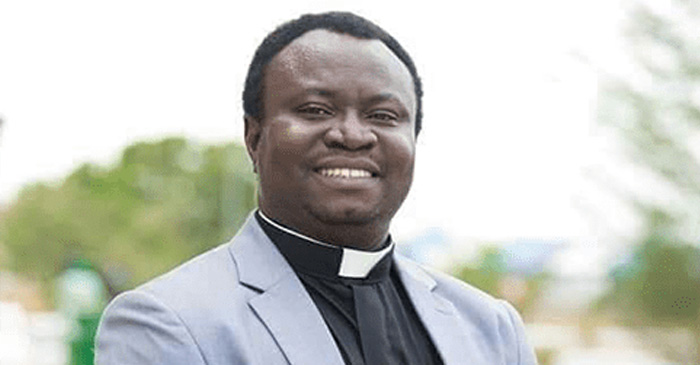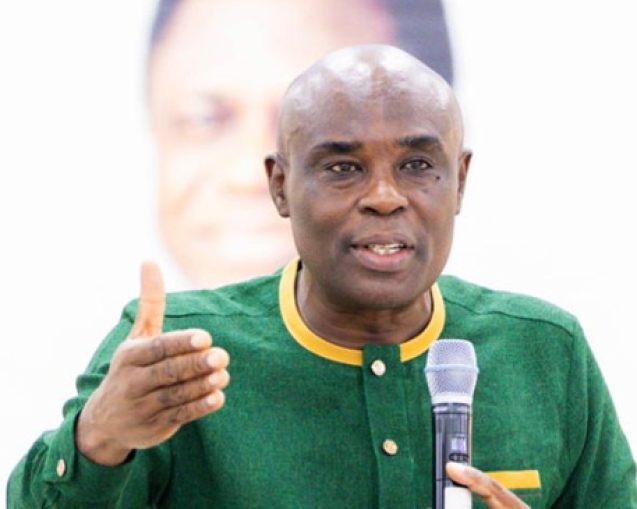1. God has a perfect plan for each person
2. God’s perfect plan for each person is for each person to be saved and successful in fulfilling their part of His redemptive economy/story
3. The role of some people in the divine redemptive economy seems pleasant with few dark moments while the roles of others have many dark moments
4. All a person needs to do is respond to salvation in Christ by faith and respond to the voice of the Holy Spirit for direction and strength to fulfil their roles
5. The attitude of a person fulfilling their prophetic role in the divine redemptive economy is one of thanksgiving in all situations with no competition, comparison, or complains
6. Having fellowship with the Holy Spirit and with others in Christ ensures that the blood of Christ keeps us within the mercies of God such that our weaknesses, limitations, and failing do not gather enough traction to reach a critical threshold to take us beyond the reach of God’s mercy like Hosphni and Phinehas or Nadab and Abihu, thus annulling our prophetic role in God’s redemptive economy through God’s ruthless judgment that has begun in His household
7. God has graciously made available the entry of sin, evil, and Satan and given humans the free will to choose salvation in Christ or reject salvation in Christ and follow the way of sin, evil, and Satan. Love gives options but does not discount the consequences of options
8. Yielding to the works of Satan in a rebellious way leads to the truncation of one’s role in God’s redemptive plan and ultimately ending up in the lake of fire – God’s ‘refuse dump’ – where all the old creation order and those who hate Jesus Christ, the Saviour, will dwell for all eternity. One can’t stay with a Saviour he/she so much hates and refuses to acknowledge
9. There are players in the redemptive economy whose roles are evil and wicked but advance the redemptive economy by creating the contrast premise for the demonstration of God’s glory often in fulfilment of a prophecy. Examples include the Pharaoh at the time of biblical Moses; the team that synergised to kill Jesus, etc. For such people, God invariably gives a long range of mercy for prolonged opportunities to be saved until they exhaust the rope. This may explain the reason wicked people seem to live long
10. People who are disadvantaged or killed to fulfil prophetic roles in the redemptive plan, such as people born with mental deformities, children killed by Herod at the time of the birth of Christ, etc. remain in the saved state
11. The only person who remains condemned to hell without another opportunity for repentance just like Satan and his host of wicked spirits (the ‘beasts’ in Revelation) is the ‘Son of perdition’ – a role unfortunately chosen by Judas Iscariot
12. There are aspects of life that are not ordained by God, even though God can use them to advance redemptive course, build Christian character, and reveal more of His salvific glory. These include temptation from Satan and deception from Satan aimed to steal, to kill, and to destroy. The Satanic work of trying to destroy Joseph (a typology of Jesus) and Jesus rather ended in revealing God’s glory. Satanic host lacked foreknowledge of this glorious redemptive ends. Otherwise, they would not have instigated the selling of Joseph or the killing of Jesus. All things worked together for a glorious end
13. Prayer does not change any of God’s plans for one’s life. Prayer destroys the works of Satan in the life of a person and aligns all forces and stakeholders to God’s plan for a person. Prayer, therefore, leads to the maximisation of the fulfilment of one’s role in God’s redemptive economy
14. The moon knows its place as a satellite to the earth. The planets know their place and stay in their orbits. Do you and I know our place in the redemptive economy with each passing time and context?
15. Restlessness only results from the lack of knowledge, contentment, and effectiveness in our place in the redemptive economy.
Written by Apostle Seth Fianko-Larbi (Resident Minister, PIWC Sakumono)


















